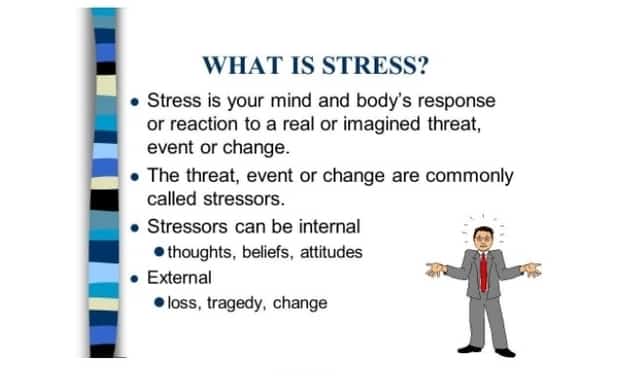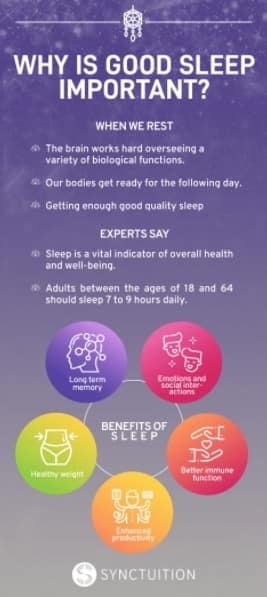“Meditation has changed my life,” says Dr. Tasha Holland-Kornegay, a Clinical Director at Our Treatment Center. While Kristen Loretta of Kristen Joy Public Relations also has more or less the same views about meditation. “I would have gone completely crazy without it,” she said in an interview.
It is typical of the meditation stories to conclude on the same notes, more or less. The practice appears to have incredible neurological benefits. Over 3000 years ago, ancient Indian texts used the term “Vedas” to describe the technique. Since then, it has successfully proven its effectiveness, now and then.
Take the research by Yale University as an example. They found that mindfulness meditation decreases the activity in Default Mode Network (DMN), the brain network that carries mind-wandering and self-referential thoughts.
The DMN stays active when the mind is wandering from thought to thought. Usually, this behavior associates with an unhappy and worried mind. However, when the mind starts to wander, new connections formed through meditation help the meditators snap out of this state.
No wonder meditation stands as a type of complementary mind-body medicine. It produces a deep state of relaxation and a tranquil mind. It allows you to make sense of the jumbled thoughts that clutter your brain, causing stress. When practiced daily, it becomes your chaperon to an enhanced physical and emotional state.
In case chronic stress wreaks havoc on your mental state, make meditation a part of your daily routine. Here are five more reasons to convince you of its health benefits:
1. Meditation makes you happy
Accessing our internal well-being is one of the most outstanding achievements that one can attain. Meditation is the training needed to discover this treasure within you. Enrolling at an endorsed meditation center like Ontario Vipassana Center in Canada might be your best shot in this endeavor.
According to Psychology Today, meditation is the most substantial mental practice that has the power to reset your happiness set point. It rewires the significant areas in your brain and turns you into a joyful, chirpy person.
When living amidst constant competition, it is natural for people to feel secluded and lose out. At the same time, people today are following many harmful habits that harm their gut microbiome. Fortunately, meditation springs out as a ray of light that gives you the power to combat fatigue and discontentment. This pursuit of happiness is the primary goal of most health programs.
2. Meditation alleviates stress
The human “flight or fight” response triggers every day by our “lizard-brain” stress-response system. It is unable to discriminate between an extreme emergency or something usual. It has evolved for people to detect and face life-threatening circumstances. But because a human can think about their daily lives, this response is no longer purely instinctive. Instead, we can easily trigger our stress response by dwelling over the fears and anxieties.

Meditation has shown a promise in various studies to cut down stress and increase the “present moment awareness.” It encourages you to appreciate the moment rather than reflecting on your concerns. Researchers from John Hopkins University found that general meditation programs helped ease psychological symptoms of anxiety and pain related to stress.
One significant sign of a healthy individual is, they do not fixate on a challenging situation. They have all the needed armory to beat stressful hormones.
3. Meditation reduces blood pressure
Meditation appears to produce small yet meaningful reductions in blood pressure. It can function as a monotherapy or in conjunction with traditional pharmacotherapy.
A literature review and a scientific statement from the American Heart Association provides that evidence supports the deployment of Transcendental Meditation as a complementary or adjunct therapy with standard treatment to reduce blood pressure. Alongside, mindfulness-based stress reduction also produces clinically significant decreases in systolic and diastolic blood pressure.
One must adhere to the conditions of meditation to reap the most rewards. It would be best if you fixed a time when you’re alone and at peace. Sit comfortably, decorate that particular corner with spiritual or religious objects.
Moreover, your attire makes a significant contribution to your overall mood. A Buddha gown from KATUO or a traditional Chinese blouse with comfy lowers helps pull you in a zen state. Add the Classic Boxer Briefs from Bn3th in your attire to avoid sweating, and you are all set!
4. Meditation reduces harmful inflammation
According to Mike Roizen, MD, Chief Wellness Officer at the Cleveland Clinic, “Inflammation is the body’s reaction to something it doesn’t want where it is.”
In some cases, it is fruitful as it results from your body, reacting to the allergen or infections. But sometimes, chronic inflammation brings structural modifications in your body that associates with major chronic diseases like diabetes, IBS, Alzheimers, or Cancer.
Daily meditation helps to mitigate these damaging effects. A study published in the journal “Brain, Behavior, and Immunity” provided how researchers gave participants mindfulness meditation training. At the same time, they enrolled a bunch of participants in a general health improvement program.
After eight weeks of exposure, they applied a fire-y capsaicin cream to induce an inflammatory response on their skin. The reason was that it is easy to test your skin than your brain. The ending analysis discovered meditating participants demonstrating a significantly smaller inflammatory response compared to those who didn’t.
It proves meditation might have the potential to cure chronic inflammation in your body.
5. Meditation improves sleep
If insomnia is the root cause of your sleep troubles, it may be worth trying meditation. It has proven to increase sleep time, sleep quality, and make it easier to fall asleep. A study published in the 2015 Journal of the American Medical Association (JAMA) concluded that mindful meditation helped improve sleep quality among old adults with moderate sleep disturbances.

A short practice right before you hit the bed will calm your nerves and pull you into a relaxed state. As per a study by the University of Massachusetts Medical School, the sleep quality of people who have bedtime meditation habit is better than non-meditators.
Ensuring tight sleep is essential to boost your productivity through the day. And meditation is your key to unlock your productive potentials.
Parting Thought – Is it worth a try?
Reputed individuals like congressman Tim Ryan and Anderson Cooper to organizations like Apple and Google are integrating meditation in their schedules. Oodles of benefits it carries for general productivity, and health status are hard to ignore.
You don’t need a marathon meditation session to pluck its fruits. There is plenty of research supporting how even a ten-minute meditation session can improve your focus, memory, and overall health. Here, we would like to quote the words of Ram Das, a famous American spiritual guide and motivational speaker:
“The quieter we become, the more we can hear.”
So, meditation is your way out of scary mind storms. We hope that soon you will fetch the most health rewards out of regular meditation!


